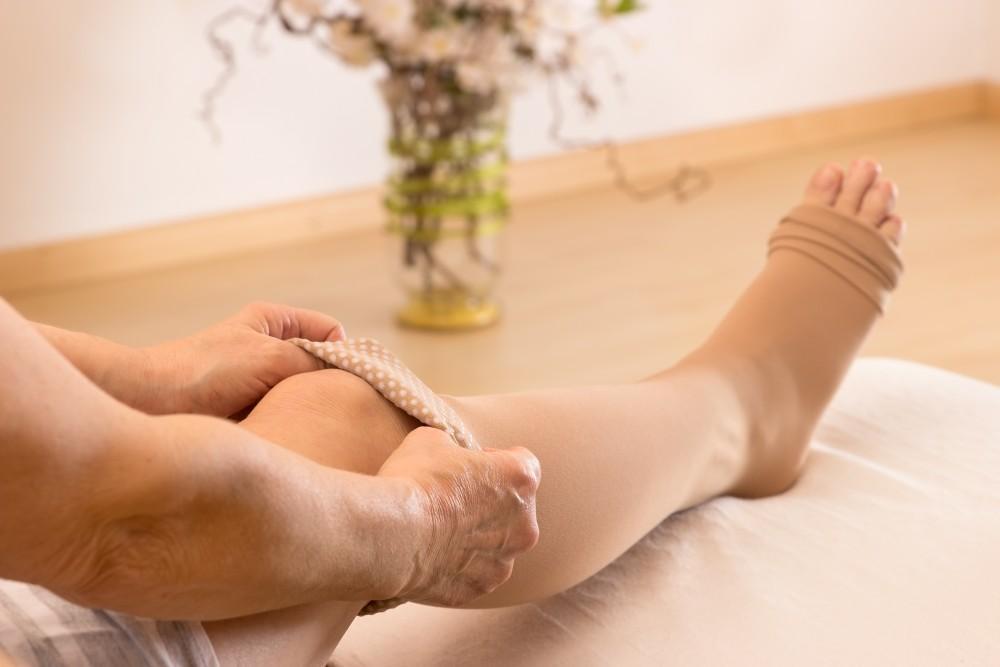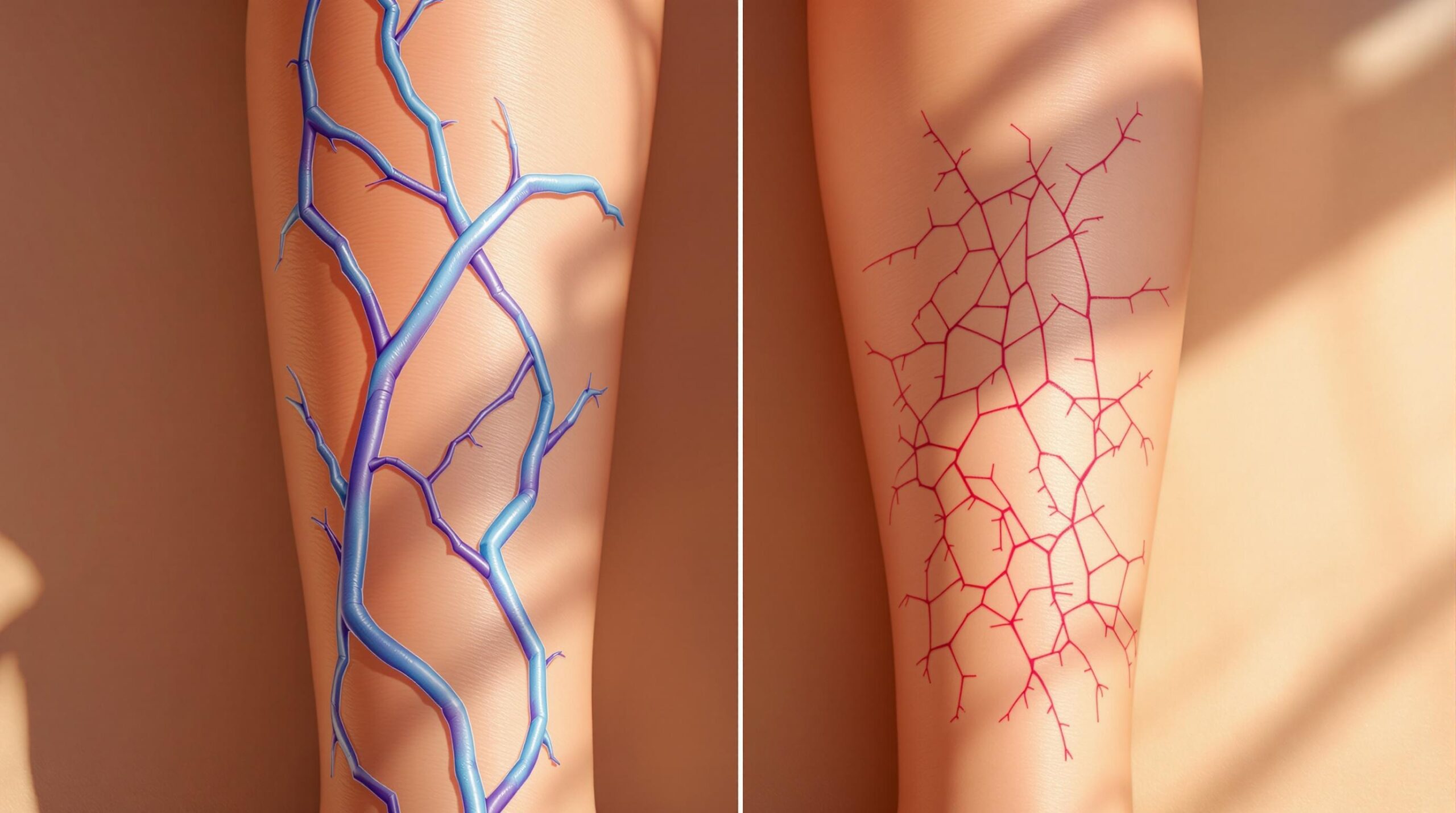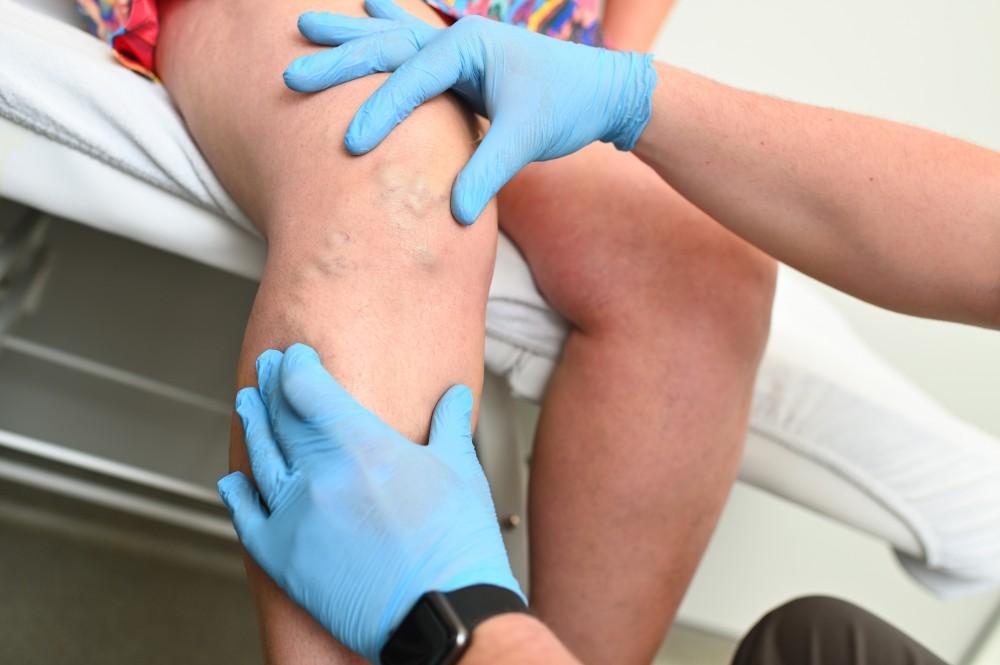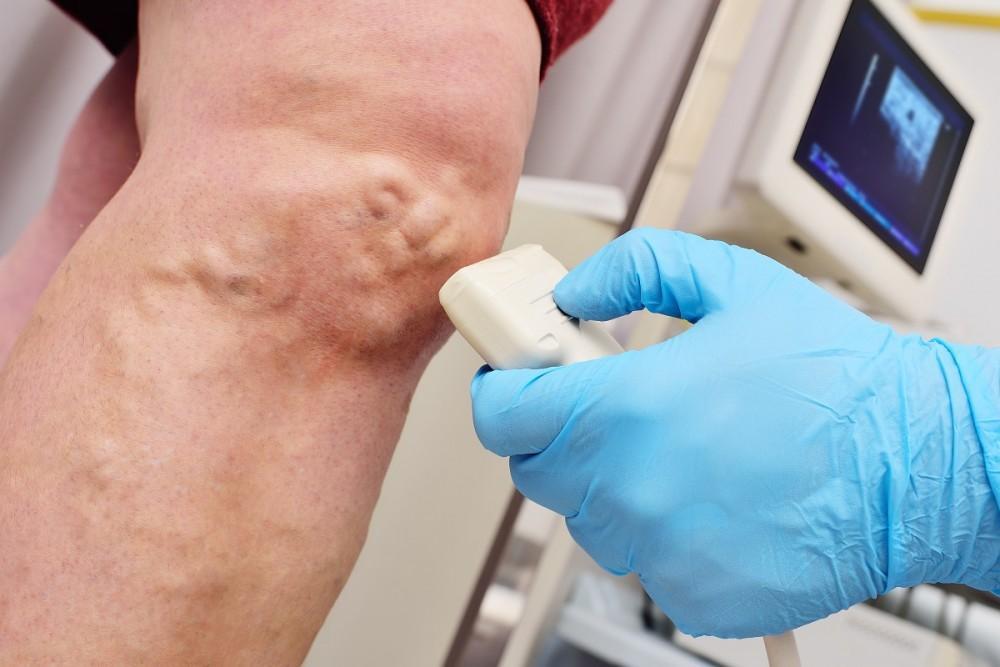About 20% of Americans will develop varicose veins during their lifetimes, and many more will have spider veins, varicose veins tinier “cousins.” Though medical treatments, like sclerotherapy, ablation, and minor surgical procedures can help, many people benefit from more conservative treatments, including compression socks and stockings.
How compression stockings work
Your veins contain a series of tiny valves that open and close to keep your blood moving back to your heart. Varicose veins happen when these tiny valves fail, allowing blood to flow backwards and collect inside the vein, leading to swelling, inflammation, and discoloration.
Any vein can become a varicose vein, but most often, these veins form in your feet, ankles, and legs. That’s because these areas are farthest from the heart and usually located below the level of your heart, which means the valves need to work even harder to return blood to your heart.
Compression stockings work by providing gentle pressure on the veins, reducing swelling, promoting blood flow, and giving your veins the support they need to function better. These snug stockings also support your calf muscles, which also play a role in maintaining normal circulation.
Even though you can buy compression stockings off the shelf, that isn’t a good idea. Compression stockings provide varying degrees of compression. To get the most benefits while preventing negative effects, it’s important to opt for stockings from your doctor. Our team prescribes stockings that feature the ideal amount of pressure for your health needs, so you can avoid potential problems.
When compression stockings can help
As effective as compression stockings can be, they aren’t always the ideal treatment. Generally, we recommend compression stockings for the following reasons.
1. Your varicose veins aren’t causing severe symptoms
Compression stockings can be an especially good choice for anyone with mild-to-moderate varicose veins that aren’t causing a lot of pain or other symptoms. If your veins are causing leg pain or cramps or if they’re associated with an underlying medical problem, we may recommend other treatments designed to collapse the veins and reroute your blood to neighboring veins.
2. You spend a lot of time sitting or standing
Long periods of time seated or standing up put extra pressure on your veins and the tiny valves they contain. If your work or your lifestyle demand a lot of standing or sitting, compression stockings may help prevent varicose veins or reduce the symptoms associated with existing varicose veins.
3. You’re pregnant
A growing belly and a change in hormones work together to increase the risk of varicose veins during pregnancy. Wearing compression stockings during pregnancy can help prevent varicose veins from forming in the first place, and if you already have varicose veins, they can help you avoid painful symptoms.
4. You have other risk factors
Heart disease, diabetes, and being overweight or obese can also increase your risk of developing varicose veins, and so can some medications. If you have risk factors for these swollen, painful veins, we may recommend compressions stockings to promote vein function.
The right treatment for better vein health
Varicose veins aren’t “just” a cosmetic problem. They can be a sign of a more serious circulation problem.
Skilled in a variety of state-of-the-art varicose vein treatments, our team is uniquely positioned to provide truly custom vein care solutions, recommending the best approach for each patient’s individual needs. If you have varicose veins, don’t ignore them. Call 972-947-2447, or book an appointment online with the team at Prime Heart and Vascular today.





